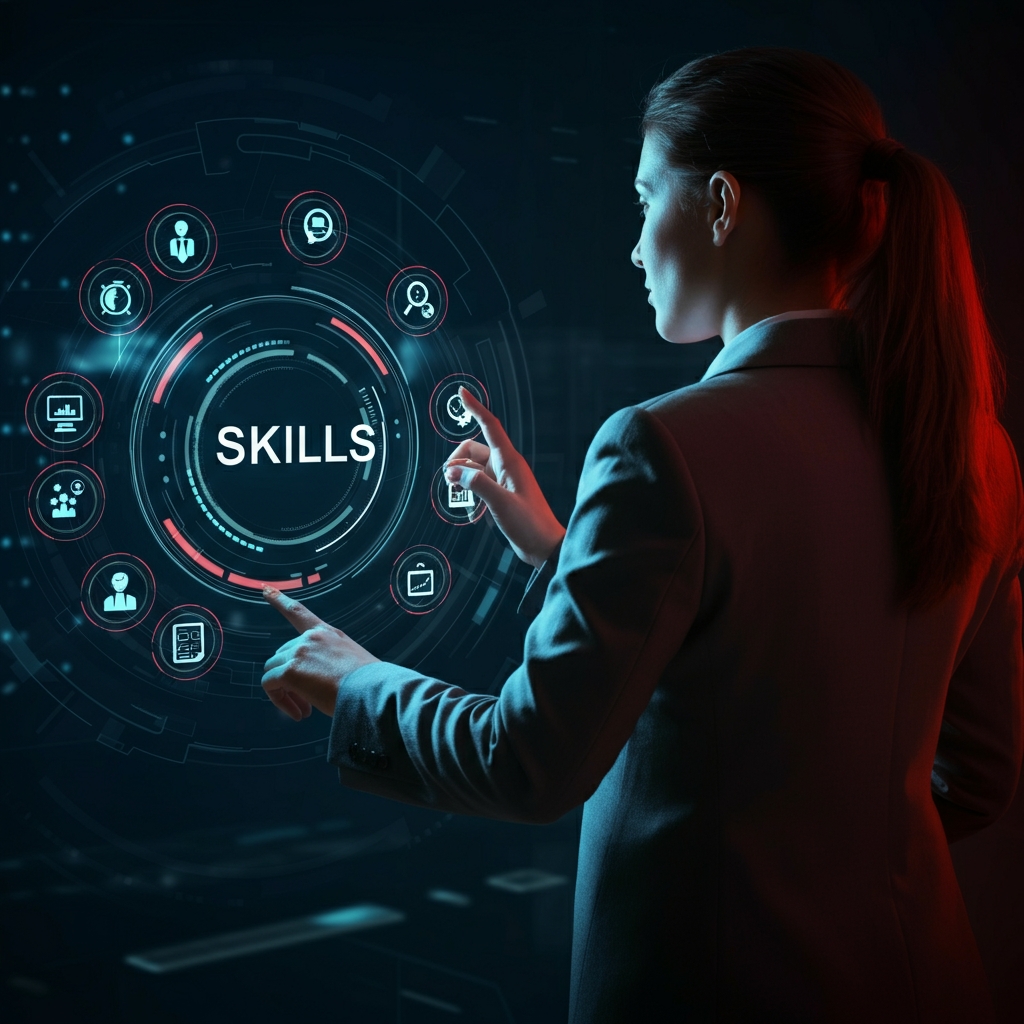
The future of work in 2025 and beyond is defined by the skills that enable employees to thrive in an ever-evolving environment. As companies continue to adapt, the demand for adaptable, innovative, and tech-savvy individuals is growing. Skills such as effective communication, problem-solving, and emotional intelligence are essential for success in this dynamic landscape. HR functions play a critical role in preparing the workforce through continuous learning and development, ensuring employees are equipped to navigate new challenges and seize opportunities in the workplace of tomorrow.
The Rise of Soft Skills
The rise of soft skills is transforming the future workplace, with emotional intelligence, adaptability, communication, and collaboration becoming crucial for success. As organizations adapt to new technologies and diverse work environments, these skills help employees build strong relationships, manage change, and work effectively in teams. HR professionals can support this shift by offering targeted training that enhances employee performance and engagement. Prioritizing soft skills development enables companies to create resilient, innovative teams ready to thrive in an evolving workplace.
Digital Literacy
As technology continues to evolve, digital literacy has become an essential skill across all industries. Proficiency in tools like AI, data analytics, and cloud platforms is no longer optional but necessary for employees to stay competitive and drive innovation. HR functions are important in upskilling employees by providing training opportunities that enhance these digital skills. By focusing on continuous learning and digital transformation, organizations can empower their workforce to adapt to new technologies, improve productivity, and remain agile in a rapidly changing business landscape. Prioritizing digital literacy will ensure companies are well-equipped to meet future challenges and succeed in a technology-driven world.
Leadership Skills for the Future
Leadership training is critical for equipping managers with the skills to recognize signs of employee burnout and support their teams effectively. By training leaders to identify early signs of stress, fatigue, and disengagement, organizations can take proactive steps to prevent burnout and foster a supportive work culture. Effective training programs focus on emotional intelligence, mental health awareness, active listening, and stress management, enabling leaders to provide timely support and resources to employees. This not only enhances employee well-being but also improves productivity, engagement, retention, and job satisfaction. Investing in leadership development ensures managers can create a positive environment that prioritizes mental health and drives organizational success.
Lifelong Learning Culture
A lifelong learning culture is essential for organizations to stay competitive in today’s fast-changing business environment. By promoting continuous learning, companies can help employees stay adaptable and ahead of evolving job requirements and industry trends. HR professionals play a key role in this process by providing training opportunities, workshops, and access to valuable learning resources. Encouraging employees to develop both technical skills and soft skills ensures that the workforce remains agile and prepared to tackle future challenges. Prioritizing a culture of lifelong learning not only improves employee performance and engagement but also drives organizational growth and innovation.
